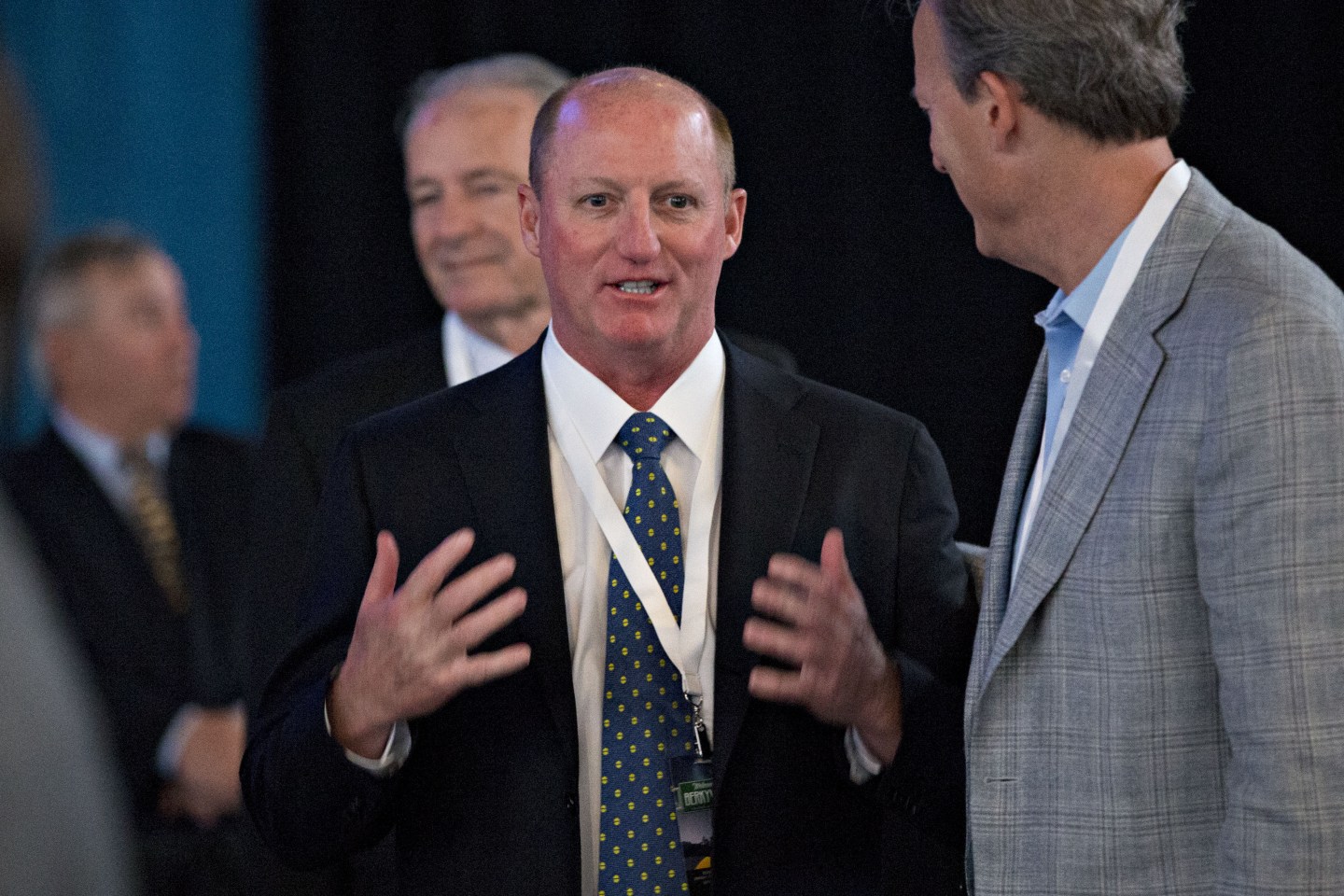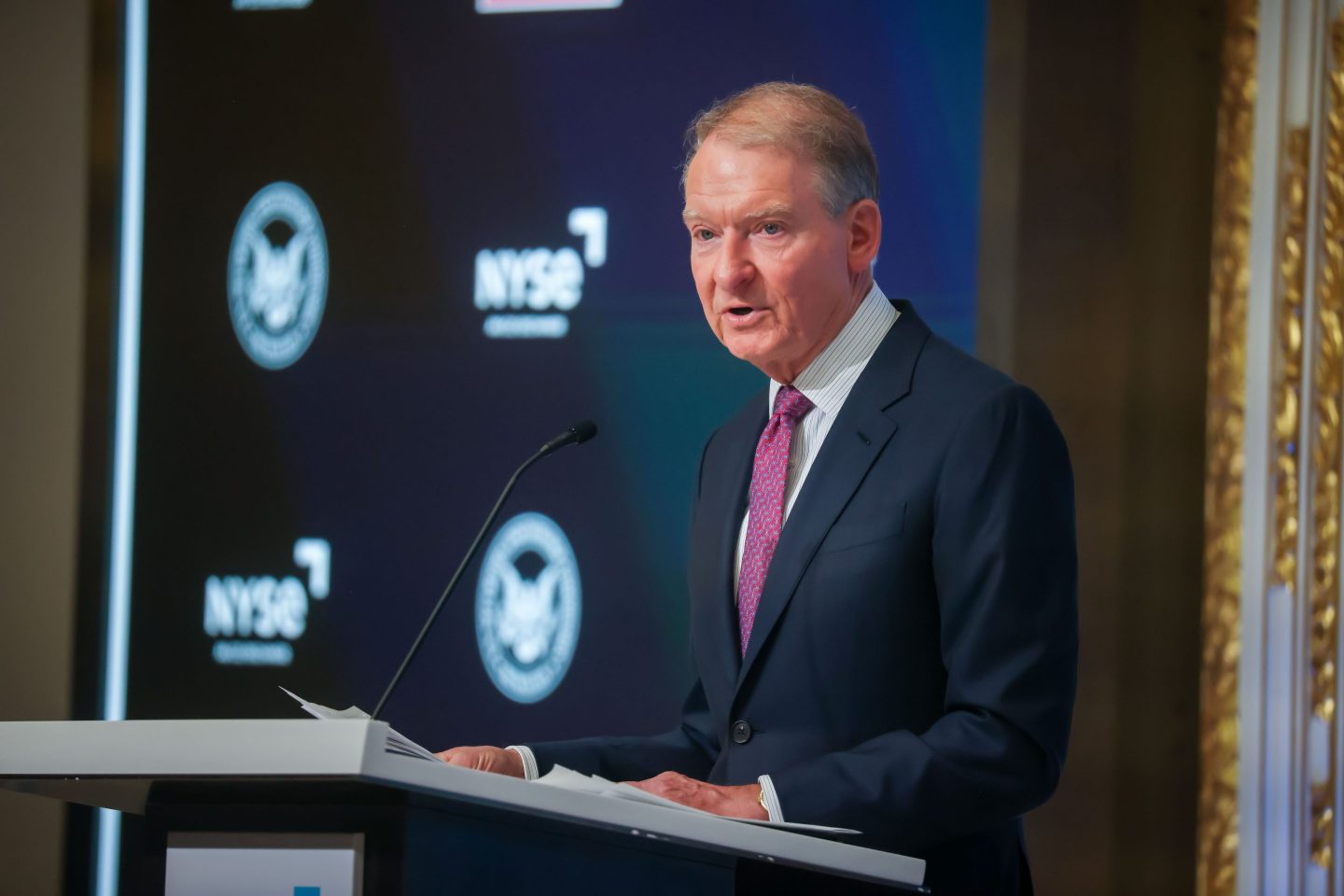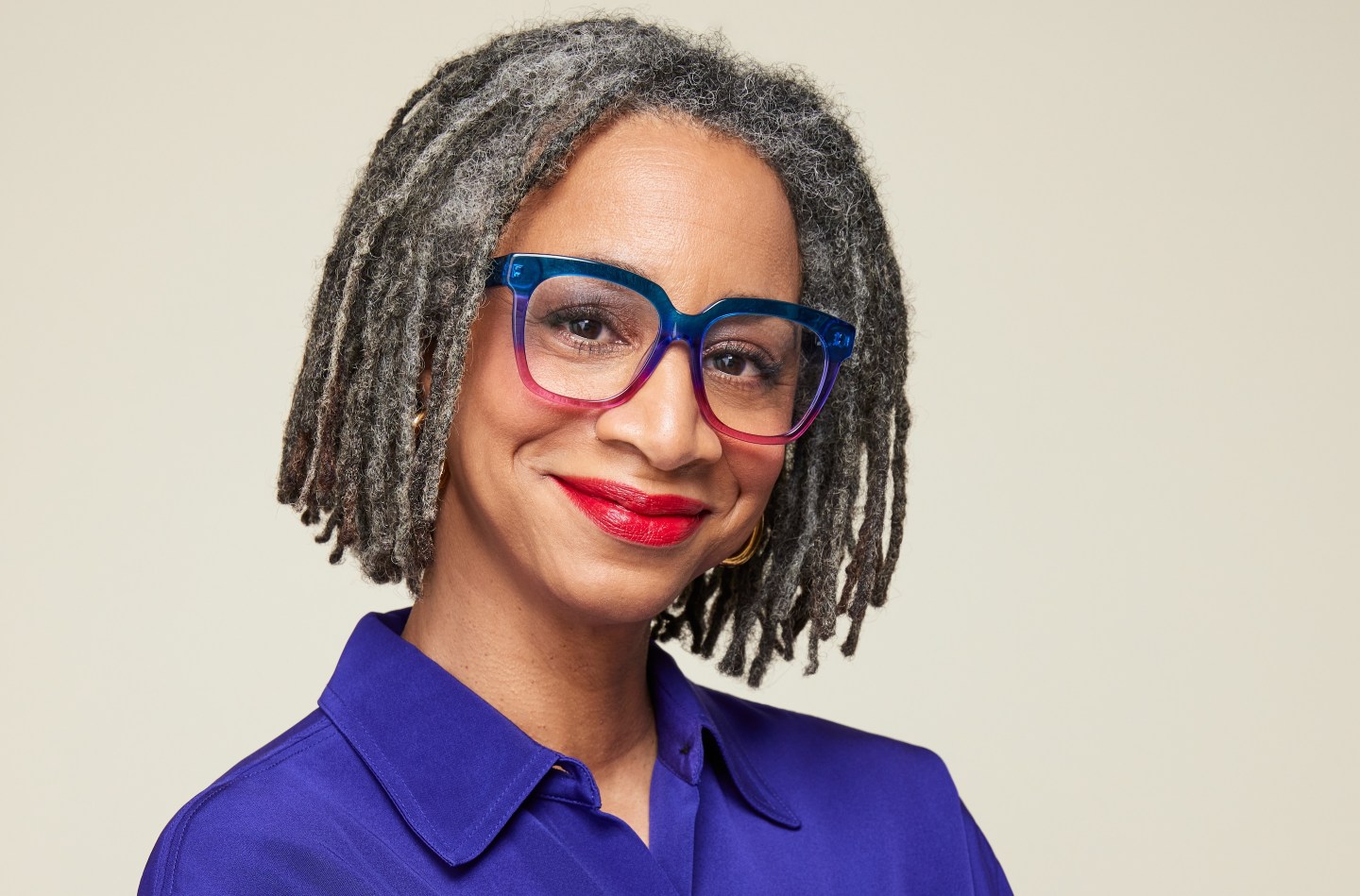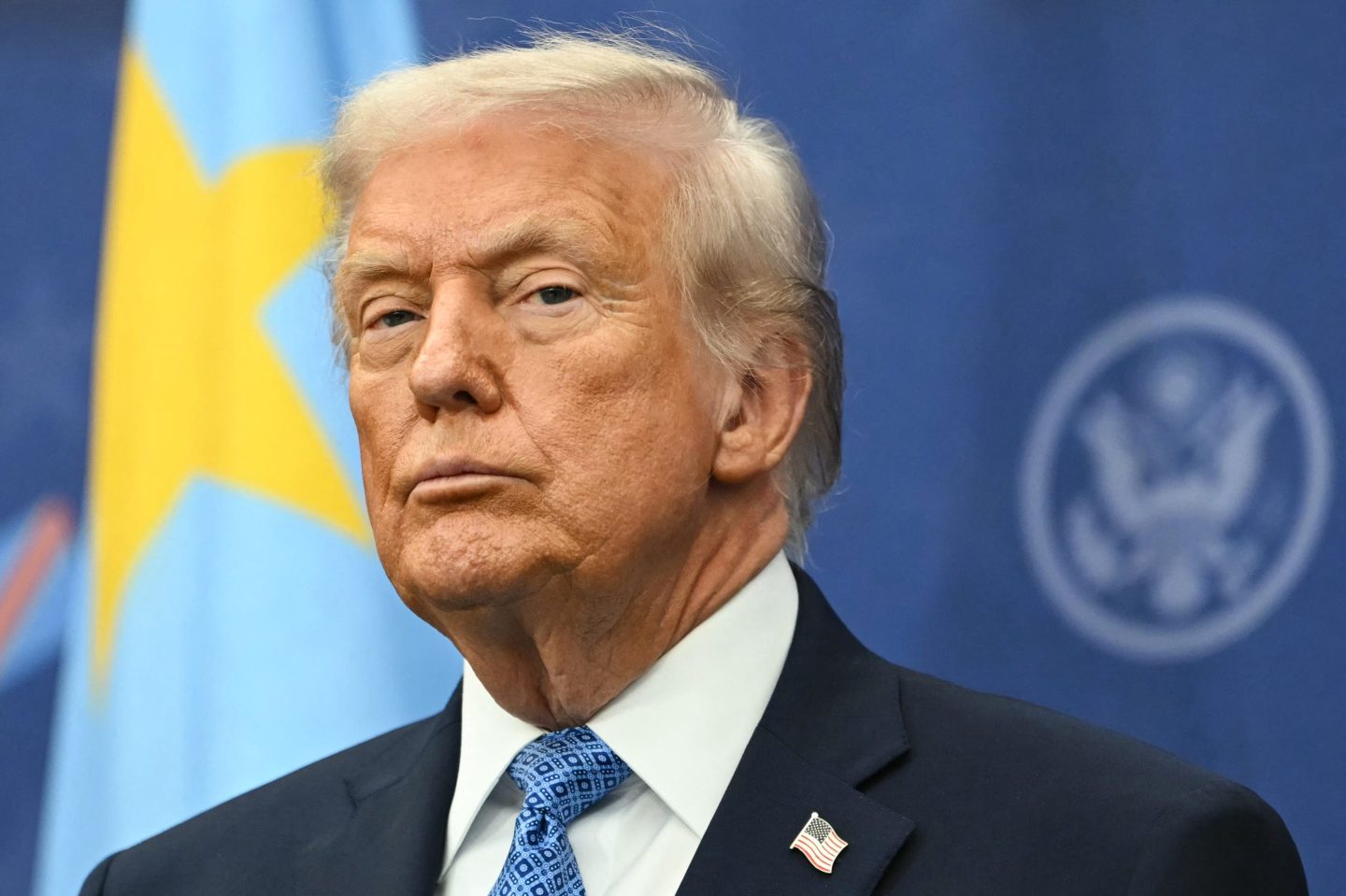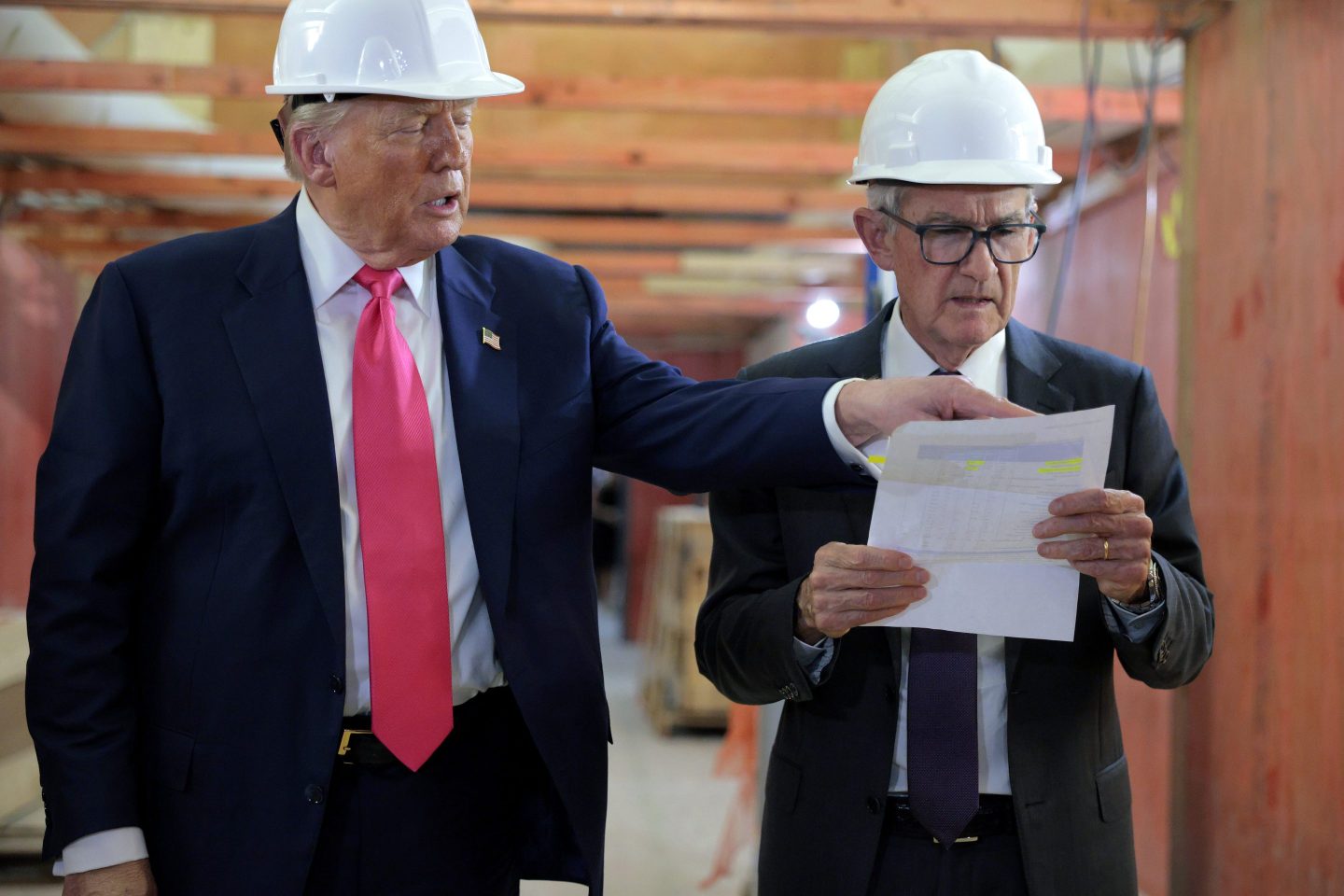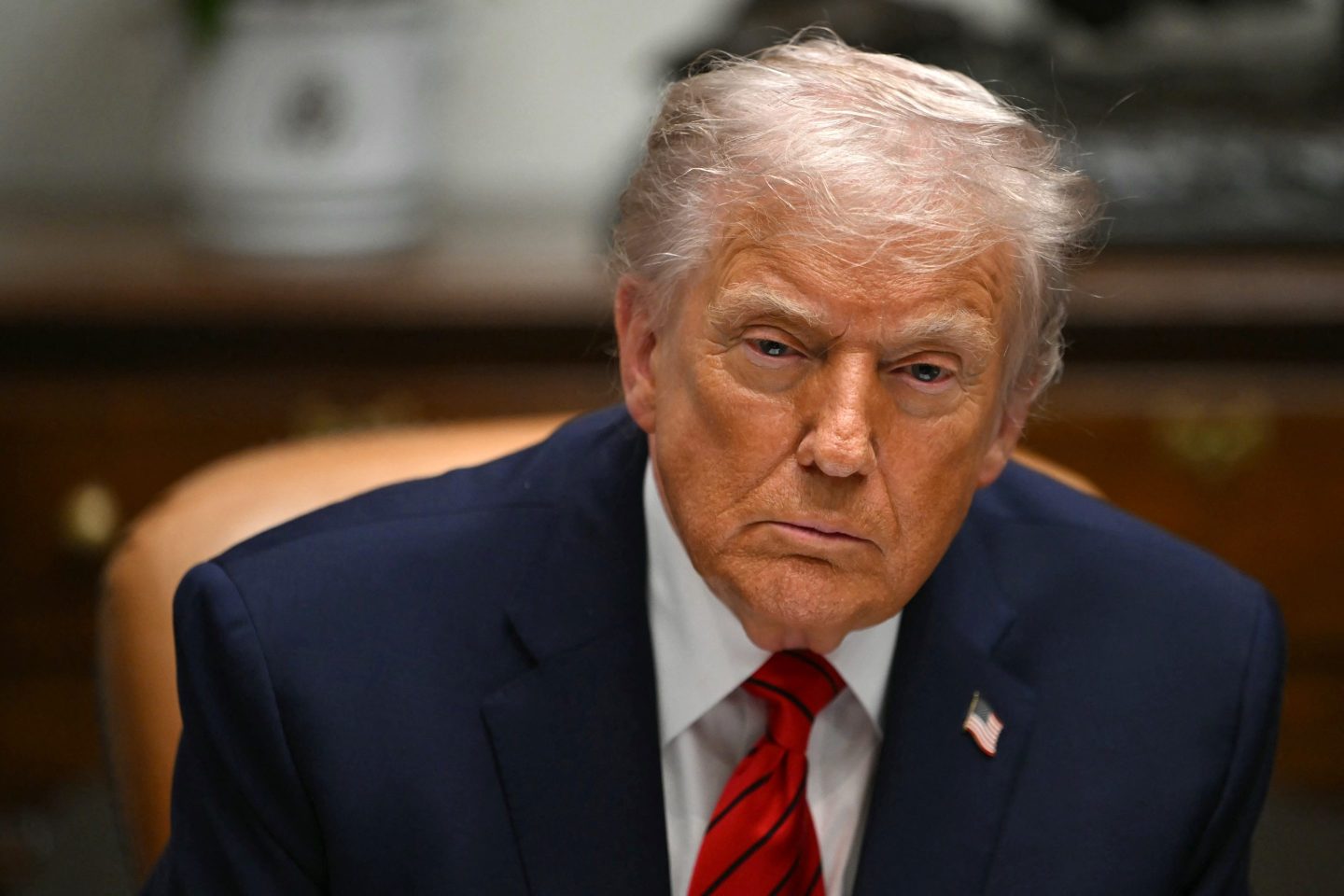Warren Buffett has announced he will retire at the end of this year, closing the curtain on one of the most legendary runs in corporate history. His chosen successor? Greg Abel—a name few outside Omaha or the investing elite may recognize, but someone who has quietly been running a sizable chunk of Berkshire Hathaway’s operations for years.
Abel, 62, is no Wall Street celebrity or clout-chasing CEO. He’s a former accountant from Edmonton, Canada, who rose through Berkshire’s energy arm to oversee its vast portfolio of non-insurance businesses, from railroads and utilities to manufacturing. These units now generate the lion’s share of Berkshire’s revenue. As Fortune’s Shawn Tully recently noted, the businesses under Abel’s watch bring in about $270 billion annually—enough to rank in the Fortune 500’s top 10, ahead of Microsoft and Chevron. Berkshire itself ranks fifth.
Abel avoids the spotlight, rarely gives interviews, and doesn’t trade on charisma. But in 2021, when the late Charlie Munger was asked about succession, his answer was blunt: “Greg will keep the culture.” That means upholding Berkshire’s defining principles of decentralized leadership, long-term focus, and deep trust in its operators. Abel has long practiced those values. He’s known for operational discipline, financial restraint, and empowering strong leaders without micromanaging, much like Buffett.
Abel is not a flashy visionary or disruptor. He’s a builder. At Berkshire Hathaway Energy, he turned a conventional utility into one of the largest power players in the U.S., investing tens of billions into renewable energy and infrastructure. Now, as Buffett steps back, Abel steps forward at a time when the business landscape is shifting dramatically. Markets move faster. CEOs are expected to be visible personalities. And scrutiny from regulators, activists, and investors is more intense than ever.
The question isn’t whether Abel can run the entire conglomerate. The real test is whether he can preserve what makes Berkshire—now valued at just under $1.2 trillion—unique in a world that seems less patient with quiet leadership and long-game thinking.
Ruth Umoh
ruth.umoh@fortune.com
Today’s newsletter was curated by Lily Mae Lazarus.
Smarter in seconds
Birds of prey. Why Lyft's CEO swears by a 'falcon mode' leadership strategy
Buffett's best. Why there will never be another Warren Buffett
Good morals. Billionaire David Rubenstein says his hiring red flag is people who try to cut ethical corners
Weathering the storm.The CEOs of Accenture and Delta on how they deal with ‘fear and uncertainty’
Leadership lesson
Kraft Heinz CEO Carlos Abrams-Rivera on maintaining clarity during volatility: “In moments like this, it’s important not only to have plan A, but have plan A, B, and C, because the reality is we cannot foresee everything, but we can be very sure about being able to control those things within our power.”
News to know
President Donald Trump said he plans to impose a 100% tariff on films made outside the U.S., calling foreign film production a national security threat. NYT
The U.S. collected $15 billion more in tariffs than expected, but economists warn it's too early to declare a policy win. Fortune
Corporate America is holding off on filling open positions, opting to pause hiring rather than conduct layoffs as uncertainty from the trade war continues. WSJ
Chinese exporters are rerouting goods through other countries to sidestep U.S. tariffs under President Trump’s trade policies. FT
President Trump indicated that his administration could finalize trade deals with some countries as early as this week, raising hopes for trading partners looking to avoid increased U.S. import tariffs. Bloomberg
